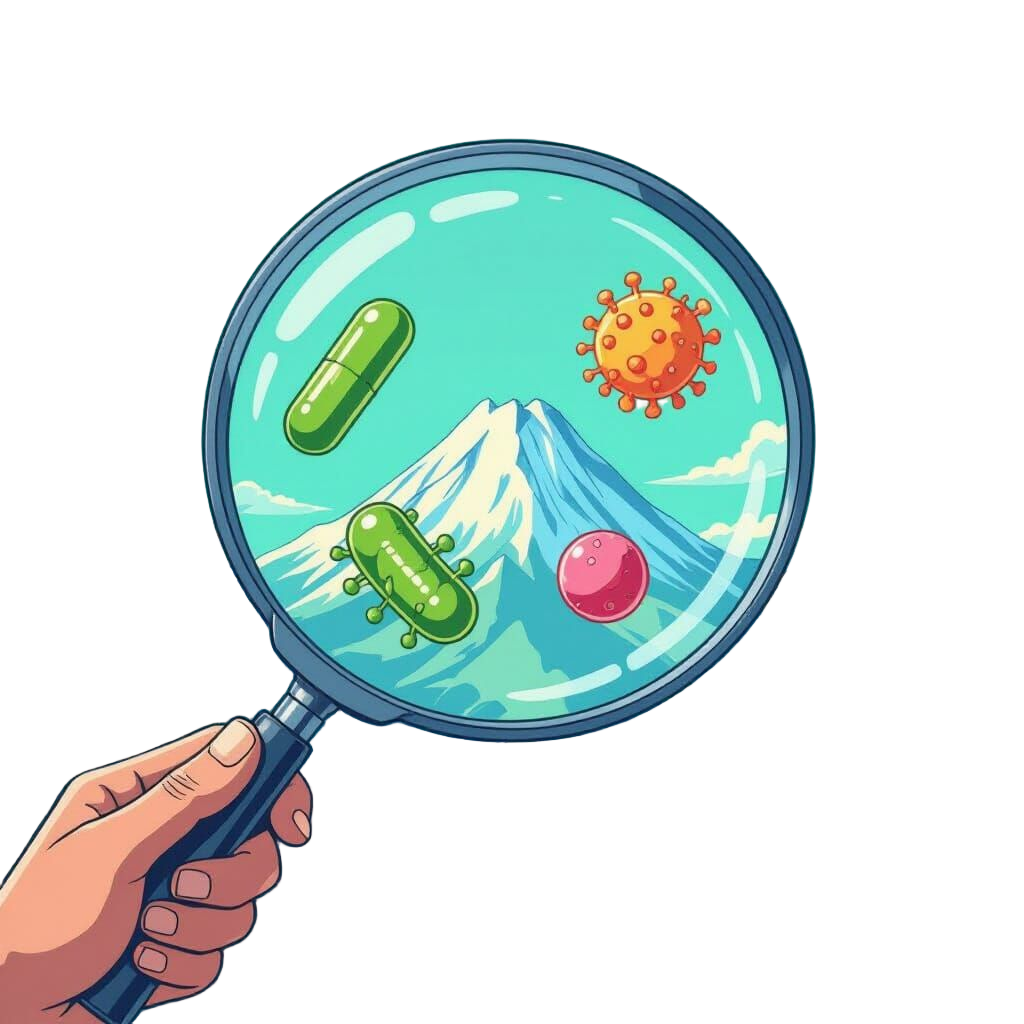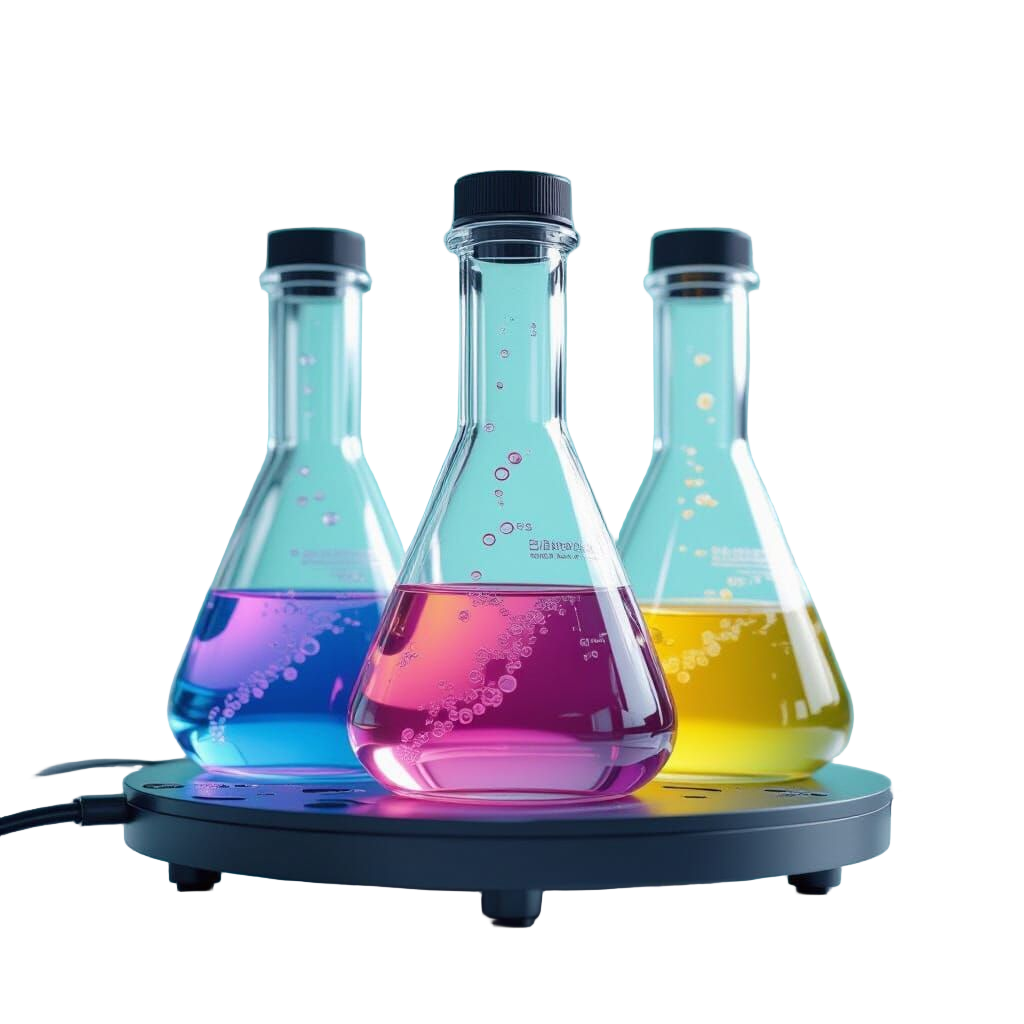What’s Included ?
Our standard amplicon sequencing service covers all necessary steps from sample separation to sequence data analysis. Included are in particular:
Sample Storage and Preparation: We store your samples in our deep freezers and prepare them for DNA extractions.
Complete DNA extraction and QC: We select the best procedure for your sample, perform DNA extraction and quality control.
Sequencing service: With our long-standing partners in DNA sequencing we provide high-quality sequence analysis.
Expert bioinformatic analysis: We provide our international expertise in microbial classification employing state-of-the-art bioinformatic tools.









